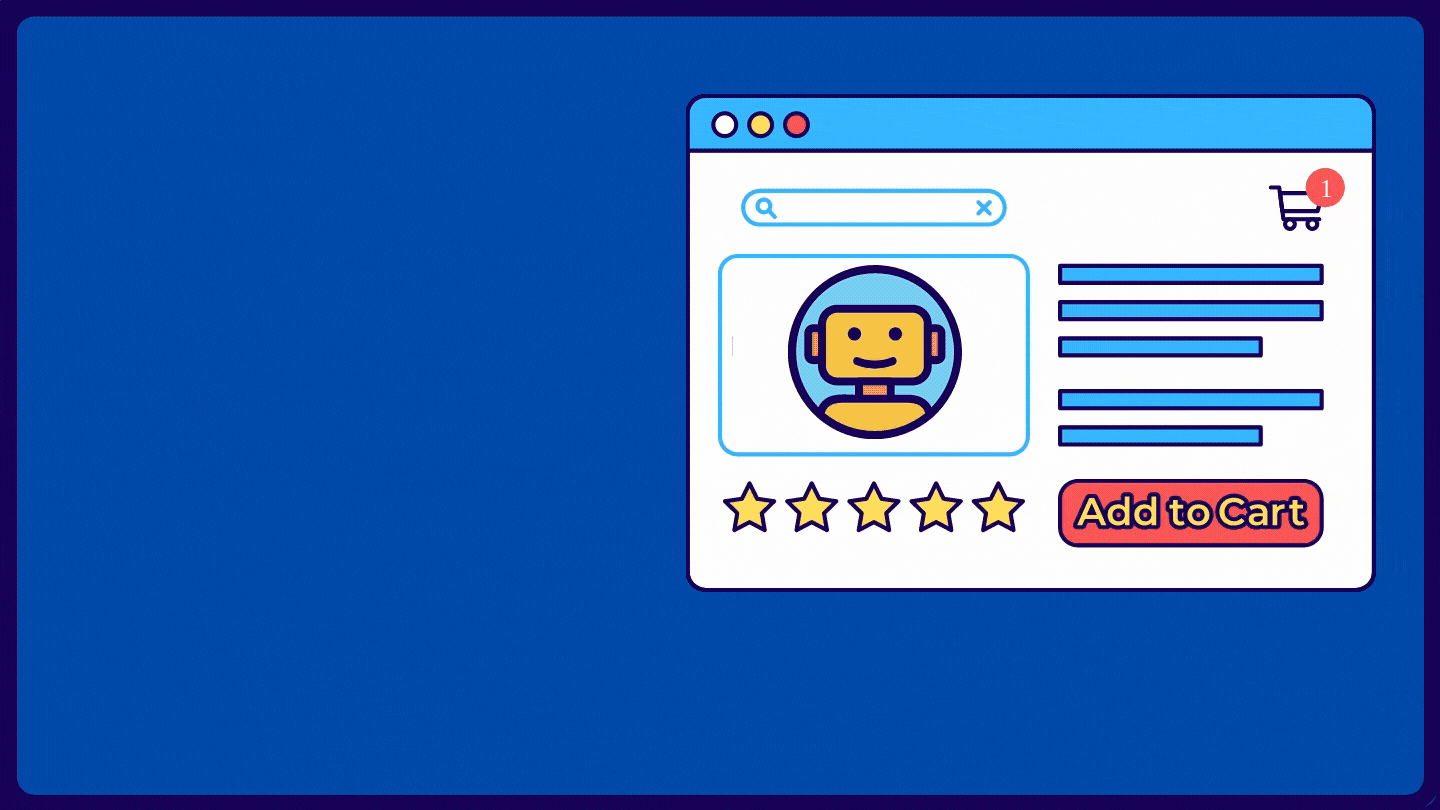Plan on Purchasing AI-Powered Chatbots for Learning? Consider These!
In 2020, we saw the increased use of artificial intelligence and chatbots. Chatbots have changed the digital customer experience, made educational bodies and workplaces incorporate adaptive learning in online learning, and convinced businesses and consumers to embrace artificial intelligence and chatbots. If that pandemic has taught us one thing, it’s how crucial digital communication is.
With reports from PSFK and Salesforce reporting that 74% and 69% of users prefer using chatbots for straightforward answers; and Business Insider announcing that 80% of businesses will use chatbots by the end of 2020, the purchase and operation of chatbots in 2021 will rise steadily.
If you too are interested in investing in chatbots, here are some things to consider:
1. Does your existing software support the chatbot?
Depending on your needs and the nature of your chatbot, you may decide to use it to simply answer FAQs or have it connected with your systems so it can carry out actual administrations.
If you plan on doing the latter, you’ll need to ensure that the chatbot is able to integrate with your existing software. Even though it requires more time and money, a more integrated chatbot is more effective as it is able to access customers' identities and information.
2. Can your company personalise the chatbot?
You may need to personalise your chatbot to best suit your business’ needs. To do so, you’ll need a vendor that has Content Management Systems that allow you to customise the look and feel of the chatbot, as well as its functions.
If you are looking at building your own chatbot in-house, you’ll need to meet with your sales, marketing, and customer service teams to pinpoint your customer trends in order to create the best possible user experience.
3. Does the chatbot have multiple channel support?
It is also important to consider if the chatbot can be customised to work across various platforms and environments since the user interfaces for laptops, tablets, and mobile phones differ greatly.
Additionally, you might want to take note that there is more convenience and benefit with chatbots that work with corporate tools such as Skype, Zoom, Google Hangouts, and Microsoft Teams.
4. Does the chatbot support features for scalability such as Natural Language Processing (NLP)?
Most conversational text and speech chatbot replies rely on NLP, so while it may be tempting to look into chatbots engineered with basic flow charts due to their low cost, NLP-engineered chatbots are significantly more human-like.
A chatbot that supports NLP will give the best results in understanding user intent, finding and remembering patterns, and replying with relevant content.
What’s next?
Now that you’re armed with useful information and tips, it’s time to engage an experienced chatbot provider to learn about industry-specific support and features. You can contact Noodle Factory to find out more about our AI-Powered chatbots for adaptive online learning.

.gif?width=1440&name=Purchasing%20Chatbots%20(1).gif)